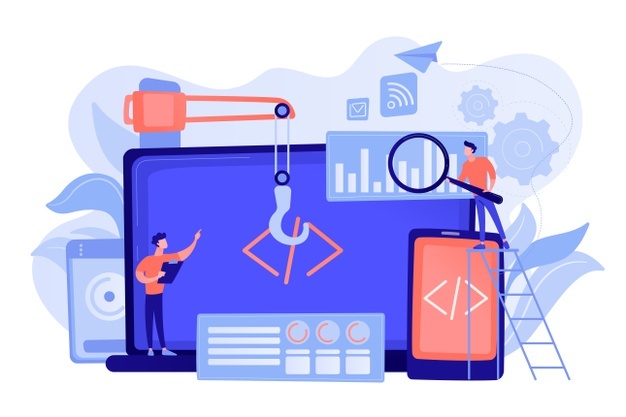Indigenous Mobile Operating System: Indian Government Upcoming Policy
MeitY and the government are in negotiations to create a new mobile operating system, according to Union Minister of State for Electronics and Information Technology Rajeev Chandrasekhar. They’re searching for expertise in the startup and academic ecosystems to help them build an indigenous operating system.
According to reports, the central government is working on a strategy to make it easier to develop an indigenous mobile operating system. According to PTI, Rajeev Chandrasekhar, the union minister of state for electronics and IT, revealed that MeitY and the government are in negotiations to develop a new mobile (handset) operating system (OS).
He further said that the government was searching for expertise in the startup and academic ecosystems to build an indigenous operating system.
The market is now controlled by two operating systems: Android and iOS. Reliance Jio also owns the KaiOS operating system, which is only accessible on Jio feature phones and isn’t that popular. JioPhone, Jio’s smartphone, will be powered by Pragati OS, a joint venture between Jio and Google.
In India’s startup ecosystem, various companies are working on mobile OS development, including PhonePe’s Indus OS, SnapLion, Plobal App, Instappy, and TableHero.
“We will be really interested in establishing [indigenous OS] because it will provide a choice to iOS and Android, enabling an Indian brand to thrive,” Chandrasekhar stated. “In the framework of revisiting goals and ambitions, the great majority of policies and policy tools are being reexamined.”
Previously, the government was working on Bharat Operating System Solutions, an upgraded version of its own operating system (BOSS). It was designed to eventually replace Microsoft Windows and all other operating systems for official usage. However, just a few organizations and people in India are now using BOSS’s most recent version, dubbed ‘Unnati,’ which was released in 2019.
While Microsoft’s Windows dominates the PC operating system industry, Android and iOS have a duopoly on mobile phones.
An operating system (OS) integrates with the hardware and software of a device, allowing it to operate all apps and services. It offers the user interface, maintains track of the file names and physical locations of data and applications, and conducts typical data copying, deleting, and backup activities.
In the form of an application store, it also serves as a home for applications. In fact, the government is investigating both Google’s Play Store and Apple’s App Store for anti-competitive pricing practices. An Indian OS will not only protect user data, but it will also offer a custom user interface, including an ecosystem-centric app store.
The push for self-sufficiency is growing in India’s startup scene, and internet-first entrepreneurs have taken to Twitter to demand an Indian App Store, which would break the Google-Apple monopoly.
It’s still too early to dream of an Indian operating system and, at the same time, an Indian app store. In fact, the failure of the BOSS suggests that the proposed handset OS policy, as well as any succeeding OS, may not be entirely successful.

